
Thank you for all your support, effort, and love for Rotary. Every Rotary member makes a huge
difference in the club's success to reach new levels.
When evaluating all that transpired over the last few months, how far our club has come, and how
Our club has managed to and will have to manage to stay on course. I feel that, as Rotarians, we are
all called upon, as stated in our theme for this year, to “create hope in the world.”
You may ask yourself, “But how am I, in (fill in country name), going to achieve this?” One significant
way is to join a club like the Rotary Club to End Human Trafficking, a completely online club whose
Membership spans the globe. We can’t always be in the same place at the same time, but our club
Members adhere to the 4 priorities set forth by Rotary International:
1: As Rotarians, we must increase our impact.
People of action are effective problem-solvers. Why do Rotarians achieve so much? We invest in
relationships. We make decisions grounded in evidence. We know how to mobilize our networks to
create solutions that last. And we’re always learning from our experiences in projects, clubs, and
careers.
2: As Rotarians, we must expand our reach.
People of action activate and inspire others, giving them hope that the world can change for the
better—and that they can be part of that change. We know there are many people seeking both a
greater sense of purpose and the kind of person-to-person involvement the digital realm can’t
provide. We have what it takes to be their first choice.
3: As Rotarians, let’s enhance participation.
People of action strive to understand the needs of others. Rotary is a great organization because
We create meaningful relationships across decades and continents. But just like the people and
communities we serve; our participants need to feel seen and heard.
4: As Rotarians, we must increase our ability to adapt.
People of action are inventive, entrepreneurial, and resilient. We know what we stand for and why
it matters. We are driven by a sense of optimism—a belief that we are and will continue to be
essential to our communities, to the world, and to humanity.
Over the last year, our club has welcomed new members that have jumped in with both feet, helping
in so many ways. I truly appreciate the enthusiasm of all of our members, especially when it comes
to our fundraising and participation in our events. Each one of us brings our unique talents to the
table, please don’t hesitate to be involved and join a committee that interests you. Rotarians are
people of action, connecting the world. In my experience, the level of local and global networking
and mentorship is limitless. Wherever you travel, look for the Rotary logo and you will know you
have a friend in that town. If you are interested in serving our global community, please consider
joining our Rotary club.
Lisa Podolny
President 2023-2024
Rotary Club to End Human Trafficking








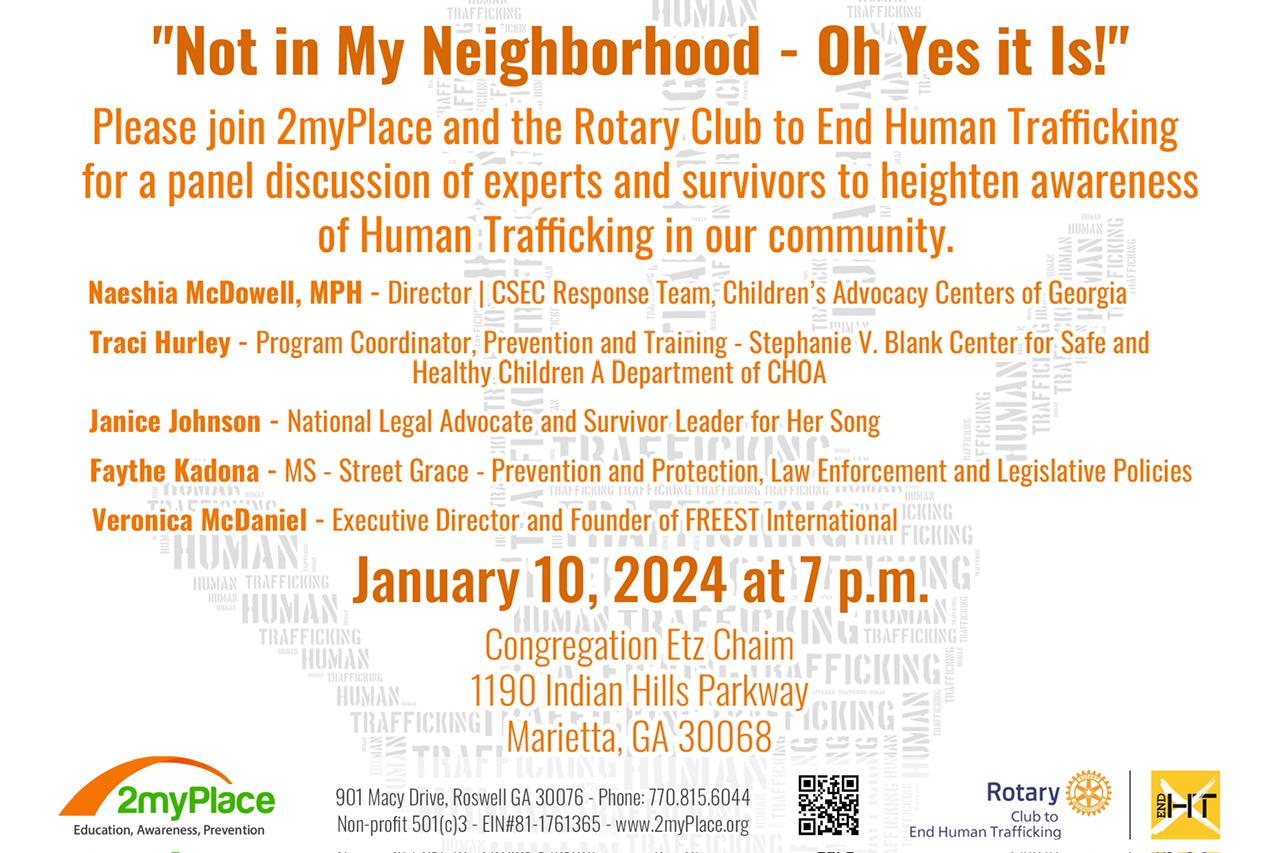

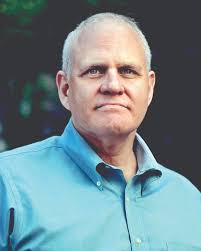 recruitment and exploitation of individuals, often from educated backgrounds, to work in fraudulent call
recruitment and exploitation of individuals, often from educated backgrounds, to work in fraudulent call 



.png)















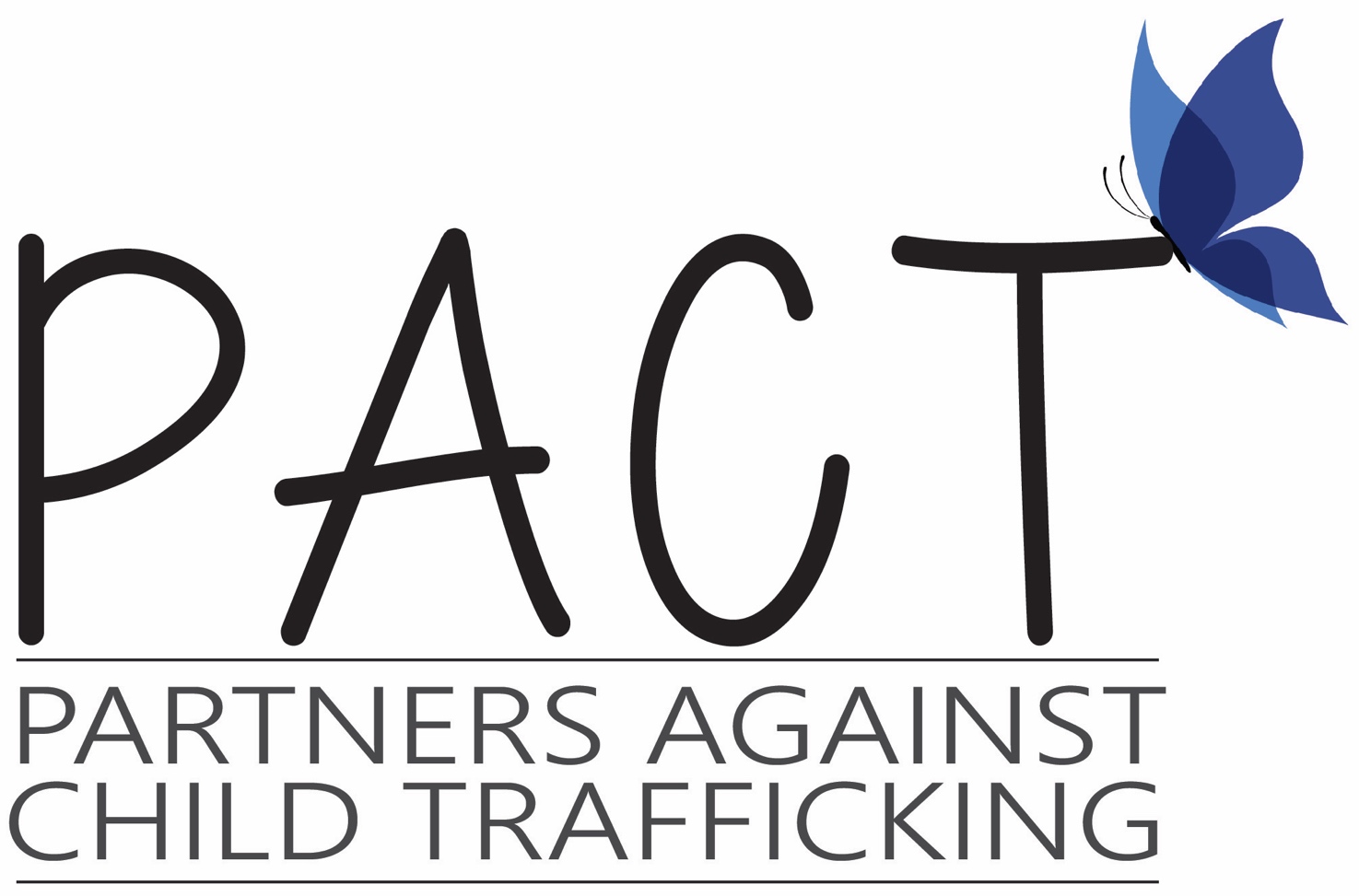
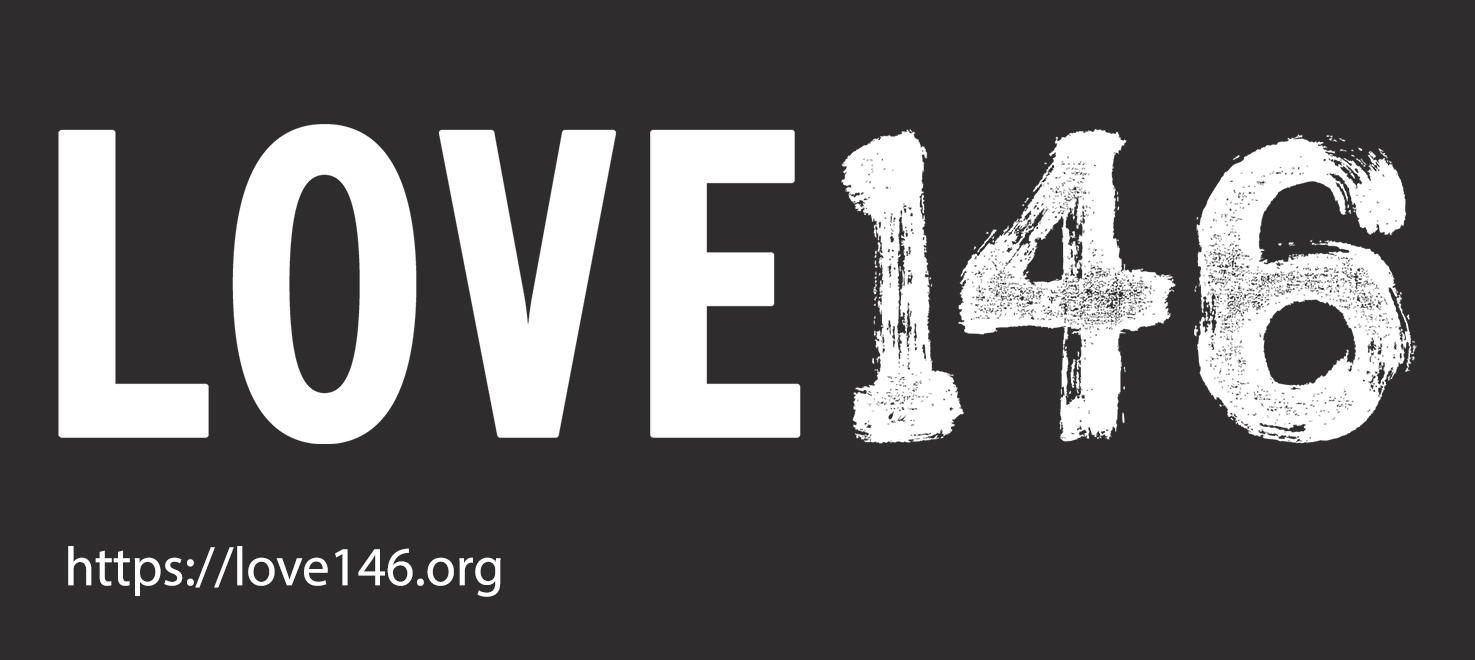
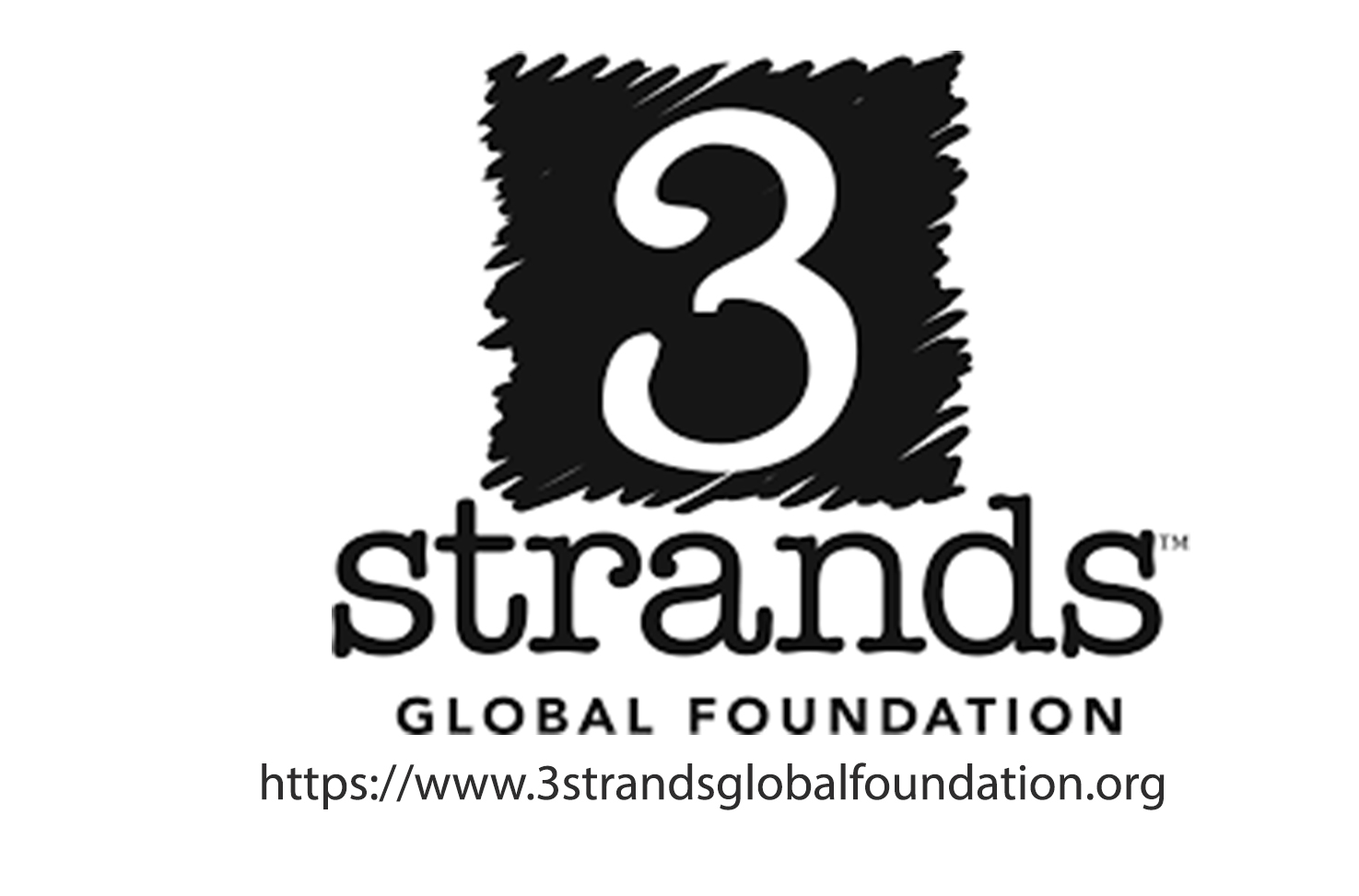

Ending Human Trafficking: Think Globally, Act Locally
Eden Prairie, MN
United States of America